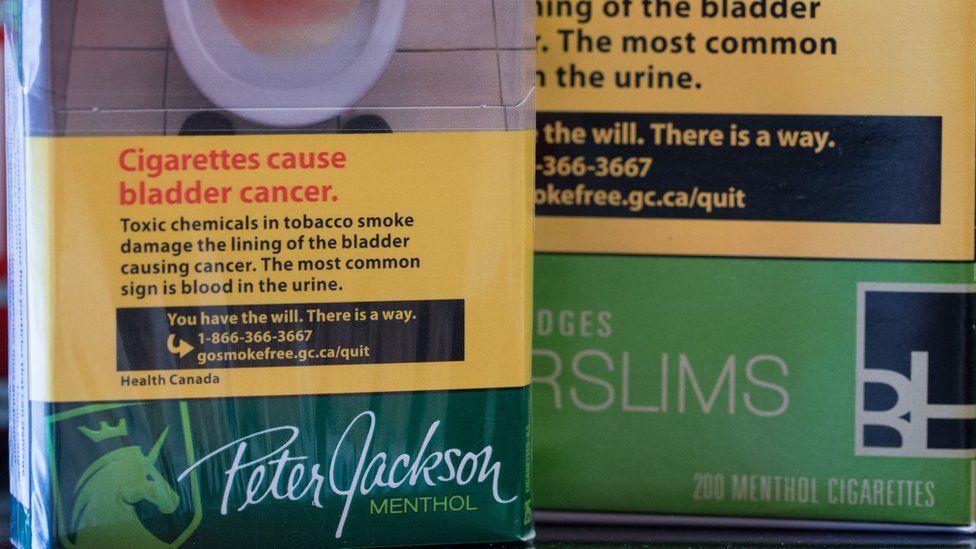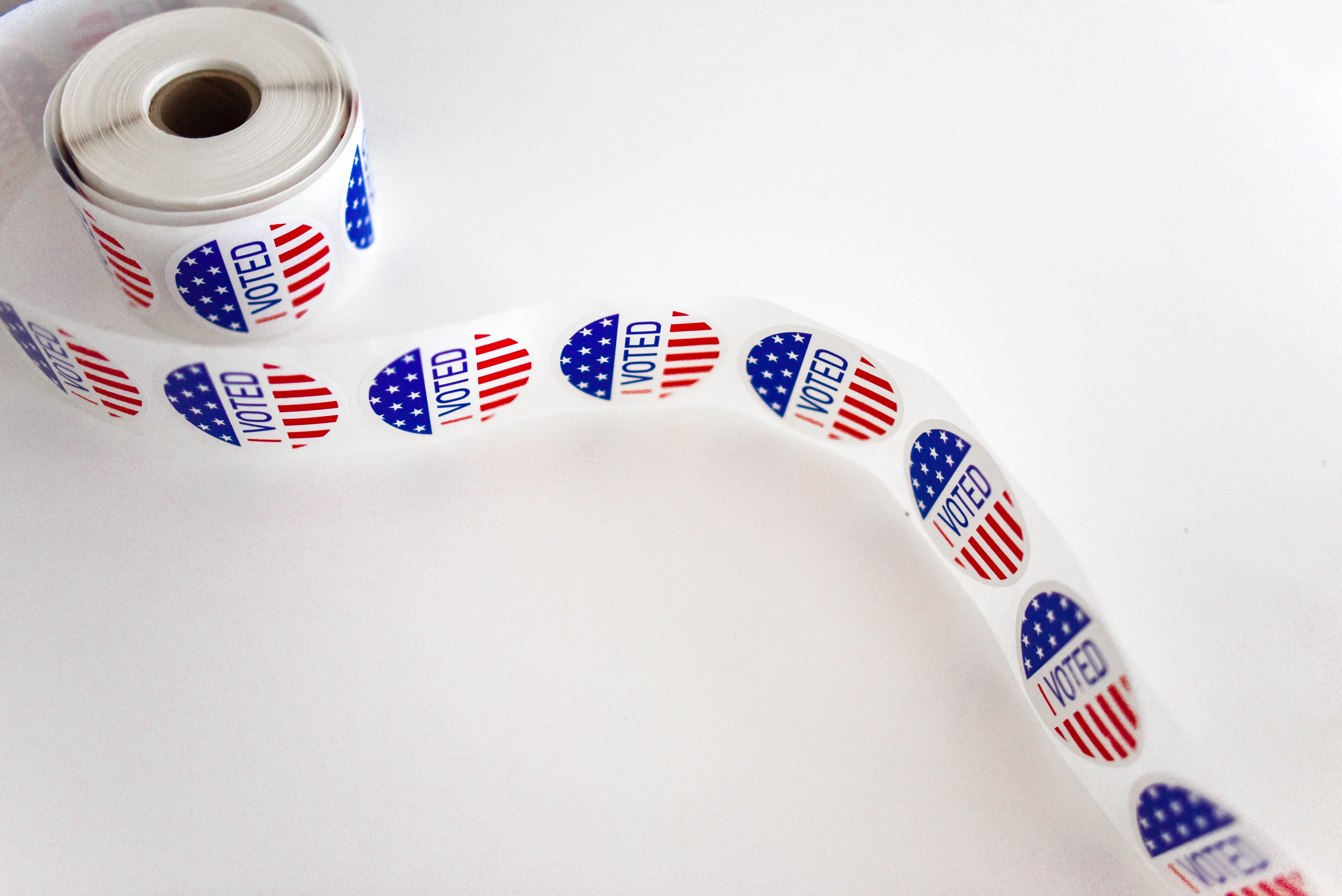In a move welcomed by the NAACP, the US Food and Drug Administration is pushing for a ban on menthol cigarettes and flavored cigars. The ban is hinged on empirical evidence suggesting these products are both addictive and harmful. Big Tobacco has historically targeted the African American community in their menthol cigarette ads.
Acting FDA Commissioner Dr. Janet Woodcock explained that this ban is a lifesaving policy specifically in populations “disproportionately affected by these deadly products.” The prohibition covers menthol, which is the last allowable flavor as well a blanket ban on all cigar flavors.
The FDA considers this action significant in reducing youth smoking initiation and ultimately improve smoking cessation rates in existing smokers. More importantly, the ban aims to resolve health disparities that continue to mark low-in income communities, communities of color, and LGBTQI+ persons – who are statistically more likely to use the banned products.
Public health decision
The proposed ban would cover only the manufacturers, wholesalers, distributors, retailers, and importers. The FDA clarifies that the agency’s objective is to keep these harmful products out of market reach and not stop “individual consumer possession.”
It can be recalled that similar actions had been undertaken against flavored cigarettes in 2009. The FDA planned on reviving the ban during the Trump administration in 2018 but this did not materialize.
Aside from reiterating that the ban only regulates commercial activity and not individual use, White House spokesperson Karine Jean-Pierre explained that the move was a “public health decision” with the objective of reducing addiction and saving lives.
Menthol addiction, according to the FDA, is the easiest initiator among smokers, because it veils the unpleasantness and harshness of tobacco. Tobacco products laced with menthol are likewise more addictive.
Move welcomed by some, not by others
FDA’s announcement was welcomed by the NAACP.
As of writing, data from the Centers for Disease Control and Prevention suggests that African Americans report the highest percentage among all ethnic groups in the US for menthol cigarette usage.
Of the 18.6 million menthol cigrette smokers in the US, the ratio of Black smokers to white smokers is heavily disproportionate. Nearly 85% of African American smokers prefer menthol cigarettes to only 30% of their Caucasian counterparts.
The NAACP considers the FDA ban as beneficial to communities of color long targeted by the tobacco industry. The group said that Big Tobacco has “successfully and intentionally marketed mentholated cigarettes to African Americans,” to deleterious consequences. Tobacco use contributes to the top three killers of African American adults – stroke, cancer, and heart disease.
NAACP President Derrick Johnson said that the FDA ban was “long overdue” to ensure the reduction of preventable diseases attributed to menthol smoking not only among African Americans but on the whole nation.
However, Altria, one of the largest tobacco companies and parent company of Philip Morris USA, opposed the ban. It argued that the FDA ban will not work.
Instead of moving tobacco products away from the market, Altria spokesperson George Parman offered putting up a marketplace of non-combustible and FDA-approved alternatives that appeal to adult smokers.
The ACLU has also thumbed down the FDA ban, citing that it will lead to criminalization and human rights violations in communities of color.
Public health experts have warned that should the FDA pursue the ban, the agency can expect the tobacco industry to sue.














